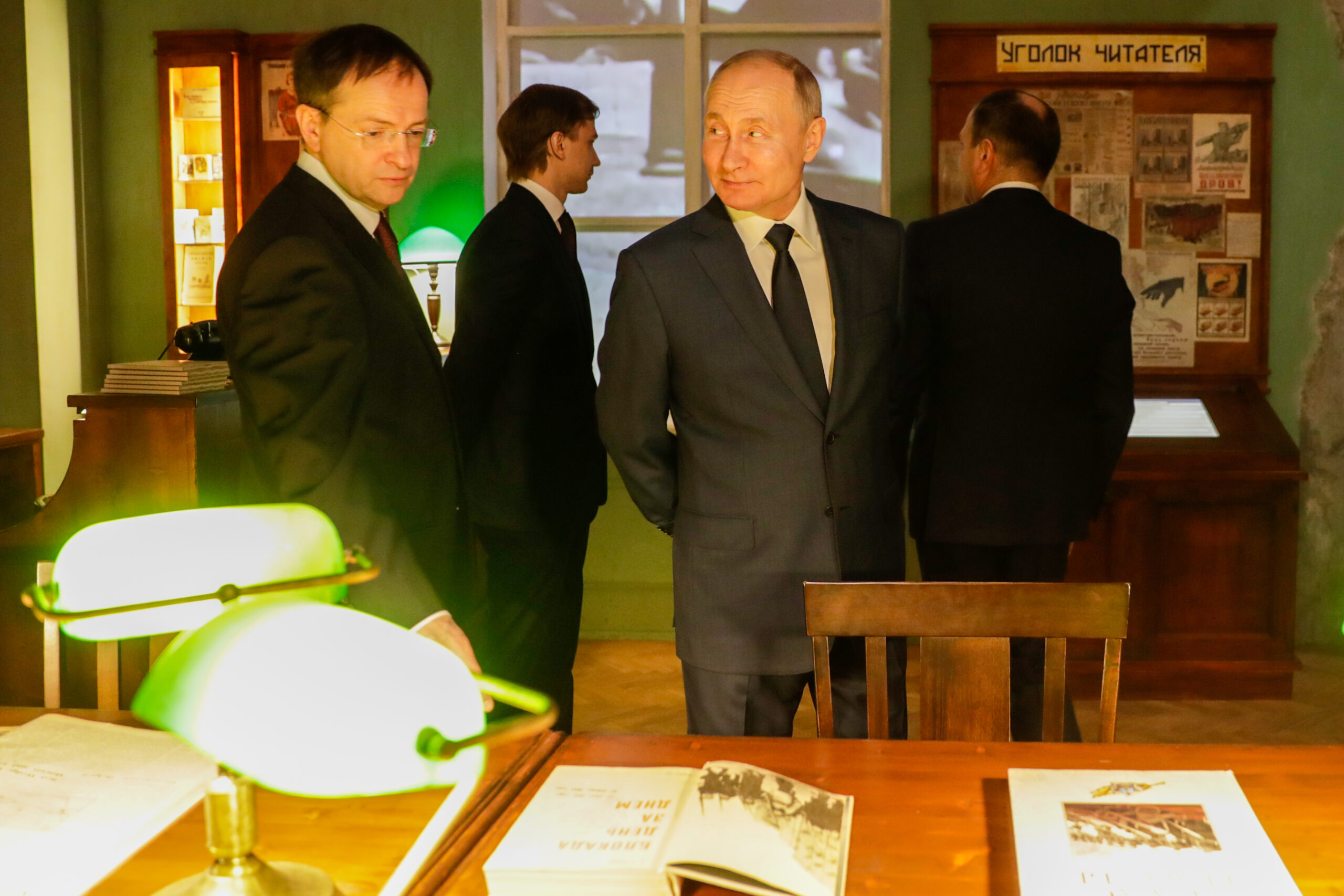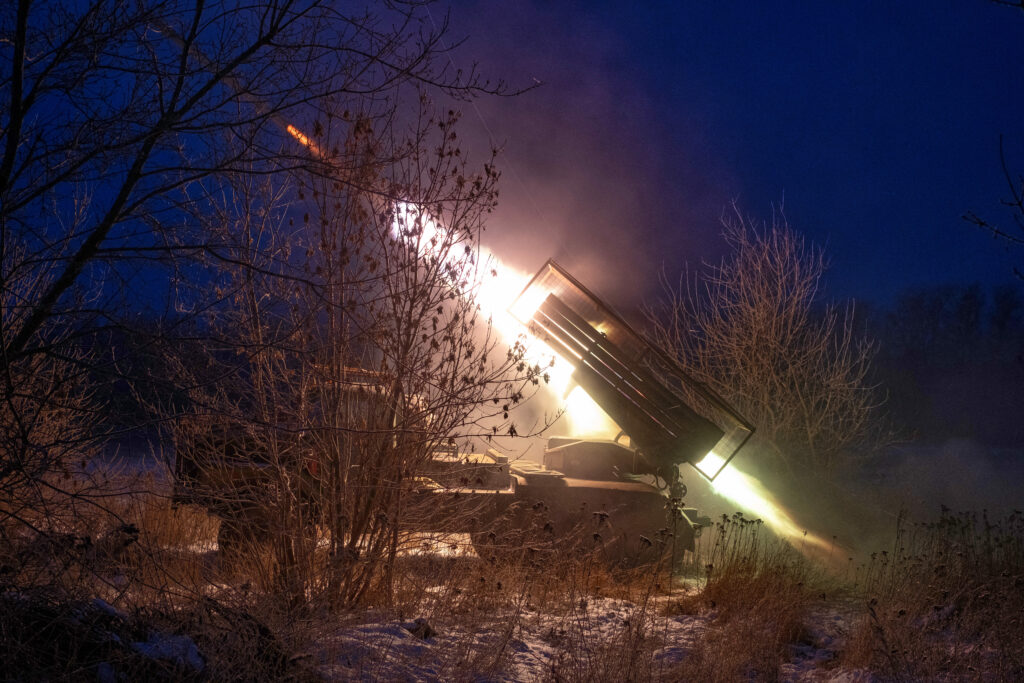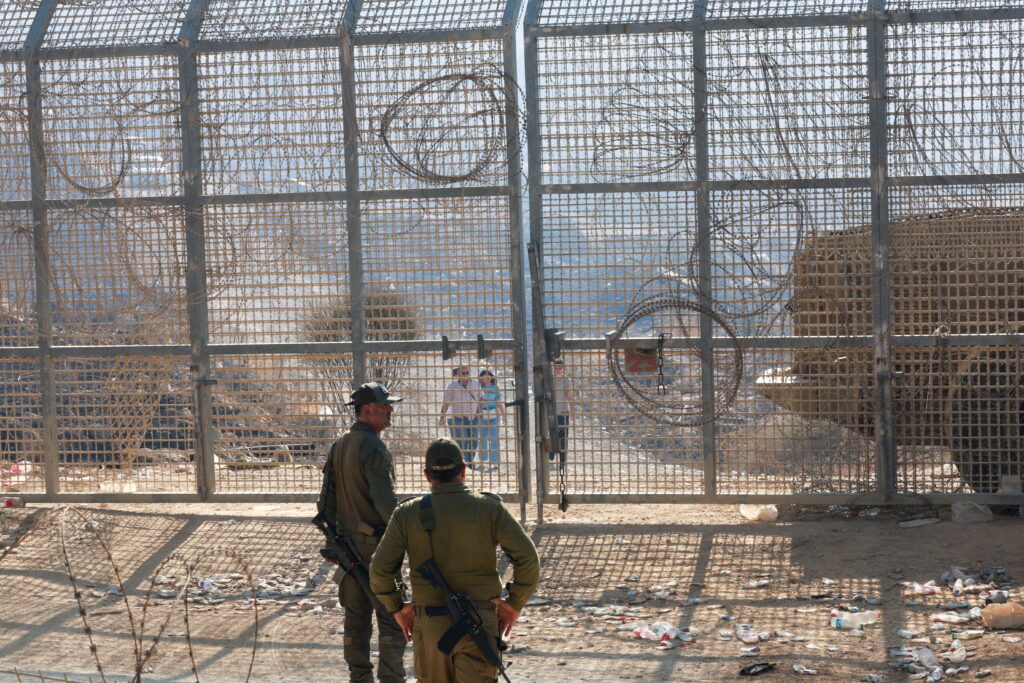It is impossible to make sense of the war in Ukraine or the domestic situation in Russia today without accounting for pobedobesie («victory frenzy») or the country’s obsession with the Great Patriotic War (GPW). Even by the outset of the Russia-Ukraine conflict in 2014, the Russian state endeavored to conflate a 20th century war against the Nazis with the Ukraine Crisis, a move that linked a contemporary conflict to an hegemonic national memory of the GPW, transforming war support into a «test of Russianness.» After the full-scale invasion of Ukraine in 2022, the blurring of the past and present in the Russian information space has even gone further — with the state authorities using this conflation to justify a stalled war effort while clamping down on Russian civil society.
The ways the Putin government has weaponized war memory in a domestic context are far from fully explored by political scientists. In particular, the collective memory of the GPW, alongside relations with the West, has been a critical resource for marginalizing the Russian opposition and civil society. Just as Russian propaganda has resorted to the GPW in constructing an image of the Ukrainians as Nazis, it has turned to similarly familiar historical analogies to marginalize and stigmatize critical voices in Russia as enemies within.
Aiding the construction of external and internal enemies is the popular memory of wartime collaboration. Russian propaganda associates the «Kiev regime» with «Banderovites,» a blanket term for Ukrainian nationalists who sought to garner support from Nazi Germany to liberate their homeland during the war. At work is not an historical analysis of Bandera or the Organization of Ukrainian Nationalists (OUN) but rather a «useful» and politicized memory of the past. Accordingly, official discussions of Ukrainian wartime «treachery» leave out the complexities of the historical record, such as the infighting between factions of the OUN and the fact that Stepan Bandera spent most of the war incarcerated by the Germans.
A less noticed feature of Russian patriotic discourse is its recourse to the history of Russian collaboration. In official media, a Russian Bandera appears in the figure of Andrei Andreevich Vlasov, the Soviet general who set out to create a Russian Liberation Army after being captured on the Eastern Front in 1942. Vlasov has served as a symbol of treachery in Soviet and Russian culture, but his achievements during the war were minimal. As historians have long known, Vlasov’s Russian Liberation Army was a phantom force utilized for German propaganda purposes for much of the war. Vlasov only received a position of some authority — two unfilled divisions and a widely publicized Committee for the Liberation of the Peoples of Russia — from Heinrich Himmler in 1944, when the outcome of the war was already clear.
In the usual framing, Russian state media tends to frame the rehabilitation of Bandera in Ukraine as part of what led to the chaos and strife of the Maidan and the Ukraine conflict. Similarly, historians and public figures who have spoken about Vlasov in unorthodox ways are accused of betraying Russia to foreign enemies and seeking to unleash a Russian version of the Ukrainian «color revolution.» As my research has shown, the Russian state has invested considerable resources in entrenching this view of a wartime Russian fifth column, with the Federal Security Service recently going so far as to release documents purporting to prove the bogus argument that Vlasov and the OUN were wartime allies.
In the current context, invoking Vlasov and wartime betrayal is more than a means of building a patriotic consensus. Russian official discourse increasingly collapses present realities into an imagined wartime past, making any talk of collaboration from the period of the GPW a powerful and flexible symbolic smear for political enemies. The possibilities of such a line of attack came clear in 2016, when the pro-Putin film director Nikita Mikhalkov accused the El’tsin Center in Ekaterinburg of seeking to «rehabilitate Vlasov and Vlasovites» to destroy Russian «national consciousness.» The pretext for the attack were some ambiguous statements made by Nikita Sokolov, Deputy Director of the Center, broaching the question of whether armed opposition movements to Soviet rule might one day be subject to historical reconsideration or even rehabilitation. However, the scandal quickly faded when Putin spoke out against «endlessly aggravating these questions» during his yearly press conference.
By upsetting the structures of the Putin regime and ratcheting up GPW discourse, the full-scale invasion of Ukraine in 2022 has opened the floodgates to more manipulation of wartime history. In the past year, the Russian authorities have utilized wartime collaboration as a means of silencing and harassing opponents, with the Prosecutor’s Office opening criminal cases against several members of the dismantled civil rights group International Memorial Society on accusations of «rehabilitation of Nazism.» The justification for such a charge is the appearance of alleged wartime collaborators of the GPW in the huge database of victims of Soviet repression maintained by Memorial. In this case, nationalist public opinion paved the way for repression via the legal system. In 2021, the organization «Veterans of Russia» denounced Memorial for pursuing a «mass rehabilitation of Vlasovites» out of supposed sympathy for fascism and called for the state to hold it responsible.
The logic involved is dubious. The individuals labeled as «Vlasovites» in the Memorial list of victims appear there by dint of having undergone official rehabilitation, a process that is the purview of the Ministry of Internal Affairs, not Memorial. It is also worth considering the historical record with regard to these cases. Mostly, the «collaborators» in question were never tried for treason but rather punished after the war through administrative exile to «special settlements» in distant parts of the country. After serving a six-year term, they were at least theoretically reintegrated into Soviet society. Implicitly, then, the Russian state is rejecting the Soviet state’s own system for punishing collaborators as insufficient by presenting the «Vlasovites» as enemies of the people — and then utilizing the Stalinist principle of guilt by association to tarnish civil activists allegedly connected to them.
The memory of wartime collaboration, then, shows how the Russian government harnesses the omnipresent imagery of the Great Patriotic War for political ends. But one should acknowledge that the misuse of the history of the GPW, and of wartime collaboration in particular, is not an activity exclusive to the political authorities. In order to appreciate how the specter of Vlasov looms large in Russia, one should consider the case of Il’ia Ponomarev, the former Russian Duma Deputy who claims to be operating a «Political Center» and a «Freedom of Russia Legion» from Kyiv that has claimed responsibility for several partisan attacks inside Russia. Supporters and critics alike have compared Ponomarev to Vlasov — even though Ponomarev, an avowed leftist, has condemned the general as a collaborator with fascism.
Asking whether Ponomarev’s force of anti-Putin Russians fighting on the Ukrainian side is «a new Vlasov Army» is a misleading and unproductive enterprise. First, such questions draw on a skewed historical understanding of Vlasov by presenting his ROA as a popular political movement that operated independently or even against Nazi goals in the East — a view with its own compromising historical legacies in the Cold War West. On another level, likening Ponomarev to Vlasov also means conflating historical periods and wars, and even doing so in a way that perhaps bears some resemblance to the historical distortion practiced by the Russian propaganda apparatus. Of course, Vlasov collaborated with a brutal invader pursuing colonial aims, but Ponomarev — whatever one makes of his shadowy activities — is collaborating with a fledgling democracy resisting foreign aggression.
The circulation of rhetoric regarding betrayal in the GPW in today’s Russia presents a troubling picture. While the Russian government has effectively conflated past and present in constructing an image of the country’s internal enemies, anti-Putin discourses can also make recourse to flawed historical analogies from the war (albeit, acts of remembering that lack the disastrous consequences of state repression). The complex situation warns us to the danger of reading Russia’s current context of war and crisis through historical analogies, and especially those stemming from a conflict that has generated such divisive memories as World War Two. In this sense, the multiple and misleading «emplotments» of Vlasov in Russian discourses today serve as a reminder of the country’s crippling focus on an imagined wartime past. If a future Russia undertakes a public reckoning with regard to the war in Ukraine, the question of how to disentangle it from the Great Patriotic War will loom large.










